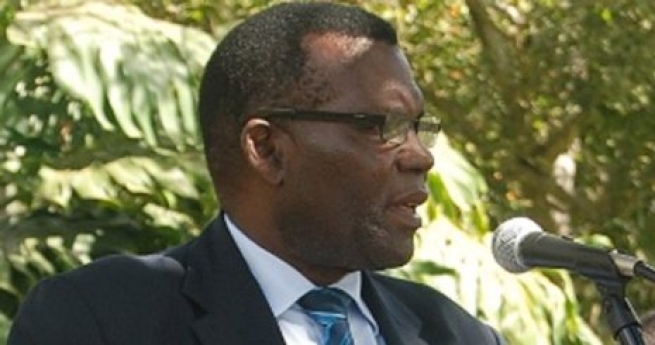Blantyre — Amidst calls for quick scrutiny of the Compulsory to Education bill by the Parliamentary Committee on Education, Ministry of Gender, Children and Social Welfare has observed that the legislation alone will not boost girl’s numbers in school if other pertinent mechanisms are not looked into.
The bill was referred to the Parliamentary Committee on Education for further scrutiny by Members of Parliament during the 2013/14 budget sitting after noting a number of short comings.
The Ministry’s Principal Secretary, Dr. Mary Shawa said though the bill has the potential of transforming the country’s education sector, many other factors that stand on the way to a successful girls education need to be addressed if all the fruits that come with mandatory education are to be realised.
“This (compulsory education) needs to be thought through carefully,” said Shawa adding, “Apart from making education mandatory, distance to education facilities needs to be looked into as it has for a long time stood on girls path to education.”
She said with increasing cases of defilement in the country, many girls drop out of school while others refuse to resume education due to fear for their security.
Shawa said before making education obligatory, the country needs to open more Early Childhood Development Centres (ECDs) if more children including girls are to remain in school.
Wondered Shawa: “How much Early Childhood Development information have we given to our girls for them to be interested, remain and complete school?
“ECD programmes should first be promoted to every district in the country as they form the basis of every child’s education including girls.”
She underscored the need for parents to play a role in their children’s education more especially girls if they are to have a bright future.
Shawa said in addition to making education mandatory, traditional leaders need to be sensitised on their role of enforcing various mechanisms that compel girls to go to school.
Asked Shawa: “How prepared are our traditional leaders to embrace compulsory education? They surely cannot be left out of the implementation component of the bill.”
Malawi Human Rights Commission’s commissioner, Rogers Newa asked the Parliamentary Committee on Education to expedite its scrutiny on the mandatory Education bill for it to be enacted into law.
He said if enacted, the legislation would make a vital tool that would save more girls in rural communities from early marriages, one of the major stumbling blocks to girls education, adding that it will also make the best enforcement mechanism for children to remain in school.




